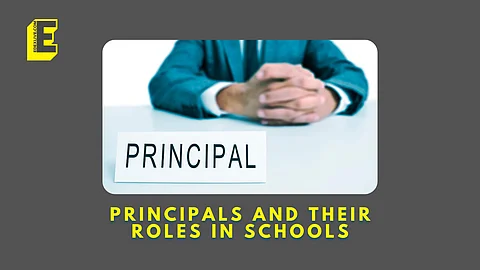

Principals play a crucial role in the Indian education system. They are responsible for the overall management and development of their schools, and they have a significant impact on the quality of education that students receive. However, in recent years, there have been growing concerns about the problems with principals in India.
One of the biggest problems is that many principals are not adequately qualified or trained for the job. A study by the National Council of Educational Research and Training (NCERT) found that only 40 per cent of principals in India have a master's degree in education. Additionally, many principals are appointed on the basis of political connections rather than merit.
Another problem is that principals are often overburdened with administrative work. This leaves them with little time to focus on academic matters, such as curriculum development, teacher training, and student assessment. As a result, many schools in India suffer from poor academic standards.
In addition, principals in India often face a number of challenges from the community. For example, they may be pressured to admit students who are not qualified, or they may be asked to give special treatment to children of influential people. These pressures can make it difficult for principals to maintain high academic standards.
Here are some of the specific problems that have been reported with principals in India:
- Corruption: Some principals have been accused of corruption, such as accepting bribes from parents or teachers in exchange for favours
- Nepotism: Some principals have been accused of nepotism, such as appointing relatives or friends to teaching positions or giving them preferential treatment
- Lack of transparency and accountability: Some principals have been accused of being secretive and unaccountable to the community
- Abuse of power: Some principals have been accused of abusing their power, such as bullying or harassing teachers and students
These problems have a number of negative consequences for students. For example, corruption and nepotism can lead to unqualified teachers being hired, which can lower the quality of education. Lack of transparency and accountability can make it difficult for parents to hold principals accountable for their actions. Abuse of power can create a hostile learning environment for students.
It is important to note that not all principals in India are guilty of these problems. However, the fact that these problems are so widespread is a cause for concern. The Indian government needs to take steps to address these problems, such as improving the training and qualifications of principals, reducing their administrative workload, and increasing accountability.
